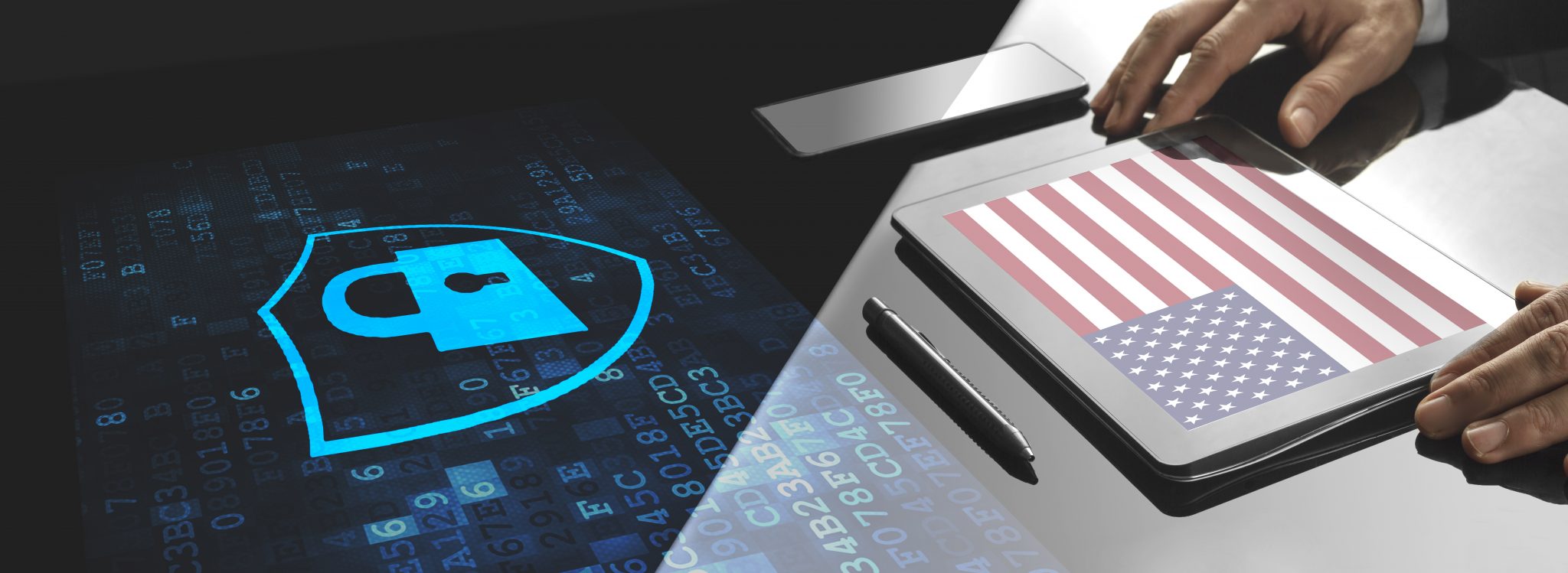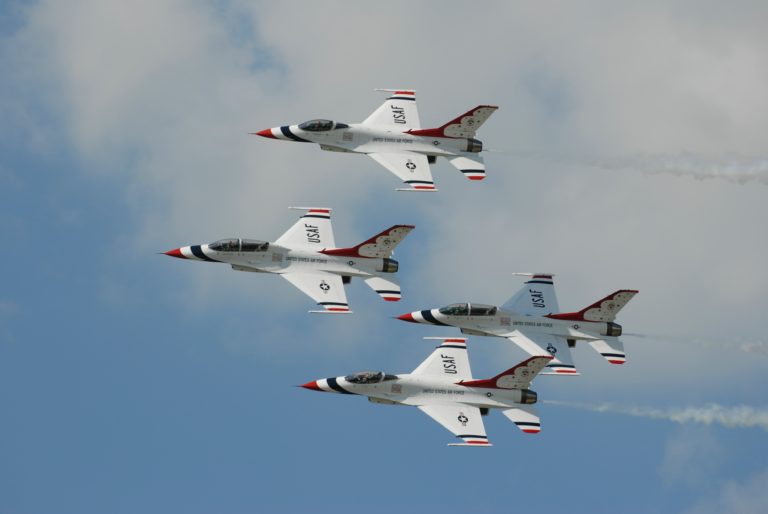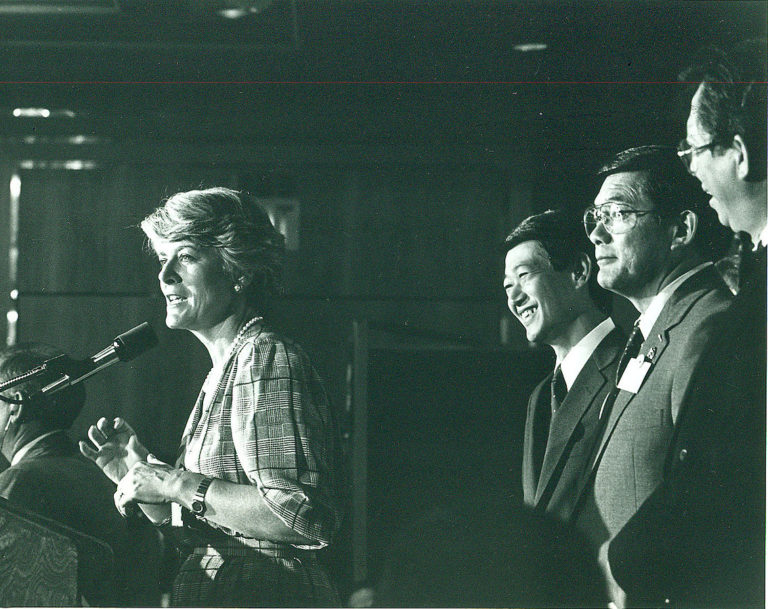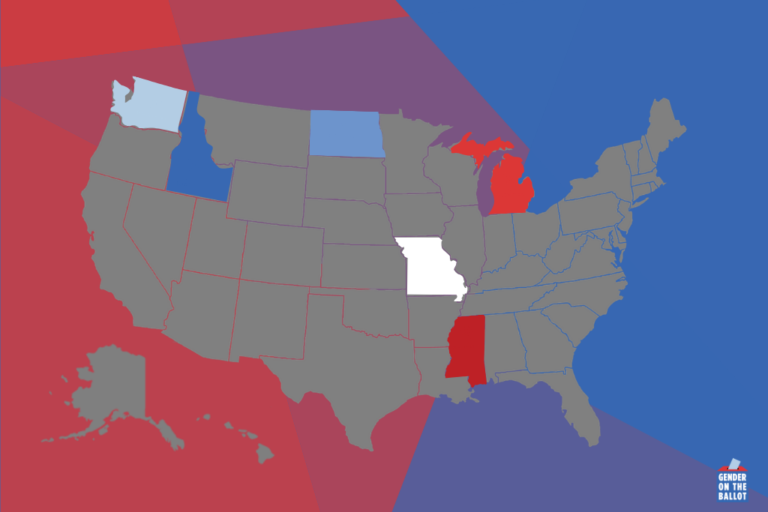With the recent escalation of US tensions with Iran, national security has been a…
Gender Gaps in National Security

If it seems like women are always fighting to break glass ceilings—it’s not a figment of your imagination. Women are still fighting battles across multiple fronts to receive the recognition, promotions, and honor that their work deserves and that their male counterparts’ access with ease. There is no place this is more evident the national security. Counterterrorism experts, intelligence, the women who serve in diplomatic missions strengthening our global alliances are often missing from the history books, and few, if any of these courageous souls are featured in news interviews.
Part of the reason is that national security remains a male-dominated industry seen as masculine and often dominated by former military leaders. And even when women are in “the room where it happened” they must combat invisibility. Gina Abercrombie-Winstanley is one example. In national security, Abercrombie-Winstanley is a double minority: both a woman and Black. She served 30 years as a US diplomat with roles including ambassador to Malta, election monitoring in Gaza, leading missions in Saudi Arabia and expanding counterterrorism partnerships. But even with this impressive resume, she faced discrimination and jarring responses to her presence in high-level meetings. As she described it, “sometimes it’s as obvious as a head jerk, there would be a physical reaction of skepticism.”
But the voices of women in national security are just as important as the democracy guarding work they do every day. Instead of complaining about purposeful erasure, women in the field have decided to act and look at 2020 and beyond as a watershed moment. The Leadership Council for Women in National Security was formed to “provide the public leadership and specific benchmarks to improve gender diversity and fight unconscious bias” in the national security field. The group is nonpartisan and using its platform to challenge presidential candidates to support gender inclusivity and support women in the national security field if elected.
This is important because nearly 3,000 national security jobs will be filled by presidential appointment and sadly throughout history women were often overlooked. And this isn’t just about optics or quotas. There are substantive reasons why women need to be at the table in national security posts. Research at the National Democratic Institute, found that women in politics are more likely than men to work across party lines and to promote citizen confidence in democratic institutions. The research further suggests that more diversity in national security leadership can help solve more problems.
Post #MeToo movement, record-setting female members of Congress in the 2018 class, and America’s first Black female vice-presidential candidate on a major party ticket, its clear women have made great gains on multiple fronts. Women are fired up and ready. It’s time to press go. In fact, there are even young women’s groups emerging to make national security a first thought job opportunity for women. Organizations like Girl Security that introduces kids as young as eight to security issues. The future is female and its time national security leaders took notice.






